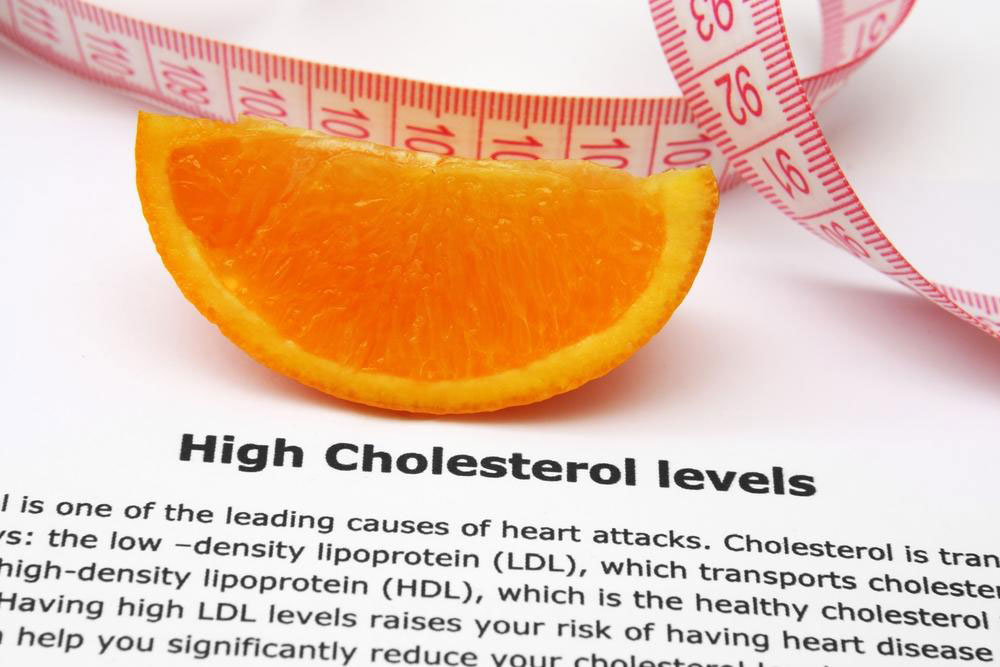Effective Dietary Strategies to Reduce LDL Cholesterol Levels
Lower your LDL cholesterol naturally by incorporating foods like whole grains, legumes, healthy oils, fruits, and omega-3 rich fish into your diet. These dietary strategies, combined with regular exercise and healthy lifestyle choices, support heart health and prevent cardiovascular diseases. Always seek medical advice before significant lifestyle changes to ensure they suit your health needs.
Sponsored

Managing cholesterol is vital for maintaining heart health. Elevated LDL cholesterol, often called "bad" cholesterol, can clog arteries and increase the risk of heart attacks and strokes. To prevent these conditions, adopting heart-healthy eating habits is essential. Incorporating specific foods into your diet can significantly help lower LDL levels. Alongside dietary changes, regular physical activity and limiting alcohol intake play a crucial role. Always consult your healthcare provider before making major lifestyle modifications.
Foods that Help Lower LDL Cholesterol
Whole grains such as oats and barley – Rich in soluble fiber, these grains assist in reducing blood cholesterol. Enjoy oats with fruits or dry nuts for breakfast, or include barley in soups for a nutritious, light meal.
Legumes and beans – Kidney beans, chickpeas, lentils, and black-eyed peas are high in soluble fiber, offering prolonged satiety and aiding cholesterol reduction. They can be incorporated into salads, stews, or as side dishes.
Healthy vegetable oils – Switch out butter and lard for oils like canola or sunflower oil, which support heart health and help maintain optimal cholesterol levels.
Fruits like citrus, berries, apples, and grapes – These are rich in pectins that effectively lower LDL cholesterol. They make great snacks, smoothies, or dessert ingredients.
Omega-3 rich fish such as salmon and tuna – These oily fish contain omega-3 fatty acids that decrease LDL levels and promote heart rhythm stability. Replacing red meats with fish can benefit cardiovascular health.
In addition to dietary changes, maintaining active habits, reducing alcohol intake, and consulting healthcare professionals are key steps to control cholesterol levels effectively.






